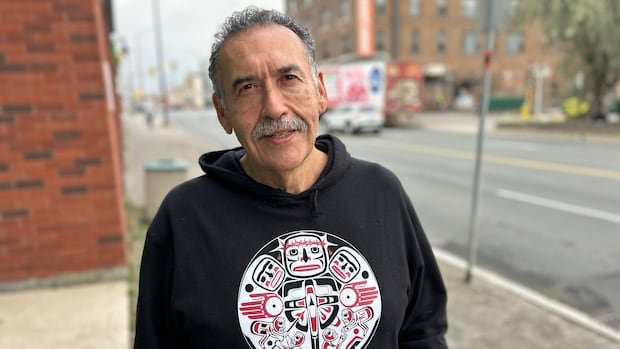As Canada observes its fourth National Day for Truth and Reconciliation, First Nations Pastor Gordon Mills opens up about the enduring impact of residential schools on his family and his commitment to shaping a better future for the next generation.
Despite not attending a residential school himself, Mills, who now leads Sudbury First Nations Church, revealed that he was diagnosed with complex PTSD stemming from generational trauma experienced by his family. His mother, who was taken to a residential school at the age of five, emerged from the system with minimal education and struggled to navigate family life, eventually marrying an alcoholic non-Indigenous man and raising eight children.
The difficult circumstances of Mills’ upbringing were marked by tragedy. His oldest brother fell victim to gang violence, his sister succumbed to diabetes complications after amputation, and another sibling battled alcoholism and opioid addiction before a fatal overdose. A sibling rivalry turned deadly when one brother attempted to kill their abusive father, resulting in a fatal confrontation.
After enduring these hardships, Mills found solace in his faith and pursued a career in ministry. However, the weight of his family’s pain became overwhelming, prompting him to leave the ministry and pursue a career in corrections before returning to the church as a pastor at Sudbury First Nations Church upon retirement.
Addressing the church’s historical involvement in the residential school system, Mills emphasized the importance of distinguishing between the message and the messengers. His church now serves as a welcoming space for Indigenous families, newcomers, and non-Indigenous parishioners, blending Christian teachings with a celebration of native culture and traditions.
In an effort to foster healing and reconciliation, the church is hosting a community barbecue on Truth and Reconciliation Day, offering music, dialogue, and a supportive environment. For Mills, breaking the cycle of trauma and creating a positive legacy for his children and grandchildren remains a driving force in his life.
As part of ongoing support efforts, a national Indian Residential School Crisis Line is available 24/7 for former students and affected individuals seeking emotional assistance and crisis referrals at 1-866-925-4419.


